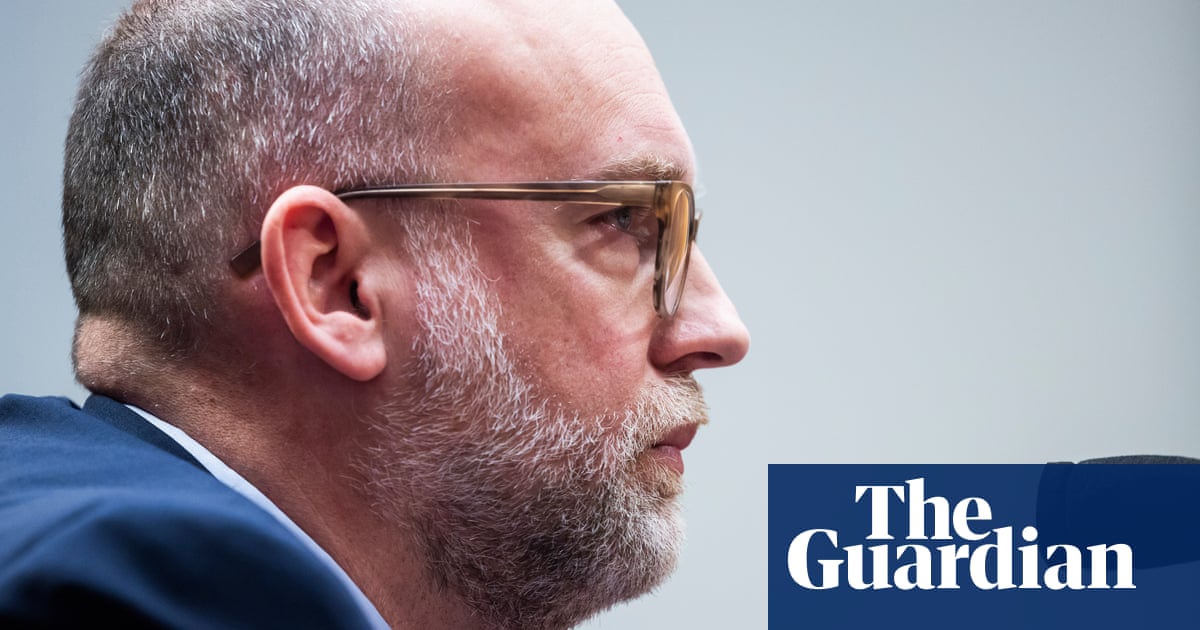The Controversy Surrounding Trump’s Spending Bill
On Sunday, White House budget director Russ Vought made headlines by dismissing concerns from the public about cuts to benefits in a massive spending bill recently passed by the House. He labeled the fears as “totally ridiculous,” stating that such worries were little more than fabricated grassroots reactions, or “astroturfing.” This stark rebuttal comes in the wake of proposed cuts that could significantly impact vulnerable populations across America.
Key Features of the Spending Bill
The spending bill in question, known as Donald Trump’s One Big Beautiful Bill, awaits debate in the Senate. It promises to slash funding for two essential federal safety net programs: Medicaid and the Supplemental Nutrition Assistance Program (SNAP). Medicaid provides vital healthcare services to low-income and disabled individuals, while SNAP helps families afford groceries. These cuts, if enacted, would affect millions of citizens who heavily rely on these programs.
Public Outcry and Town Hall Reactions
Vought’s comments were made in response to a recent town hall meeting in Iowa, hosted by Senator Joni Ernst. During the event, a concerned constituent voiced fears that the proposed Medicaid cuts would lead to premature deaths. In a moment that quickly went viral, Ernst downplayed these concerns, stating, “People are not – well, we all are going to die. For heaven’s sakes, folks.” This statement was met with jeers from the audience, highlighting the disconnect between lawmakers and their constituents regarding the potential human impact of such cuts.
Advocacy Group Responses
Mainstream advocacy groups have been vocal against the bill, warning that the loss of Medicaid and food assistance will not merely cause economic distress, but could lead to devastating consequences. Leaders from organizations like the Ohio Nurses Association and the American Academy of Pediatrics have warned that these cuts will drive families into dire straits, with children potentially facing hunger and healthcare becoming increasingly inaccessible. The American Hospital Association has raised alarms about rural hospitals facing closure due to funding reductions.
Political Backlash
Senator Chris Murphy, a Democrat from Connecticut, condemned both Vought’s and Ernst’s remarks during his appearance on CNN’s State of the Union. He argued that losing health insurance to facilitate tax cuts for the wealthiest will inevitably lead to more deaths. Murphy emphasized that the bill represents a significant problem for public health and the economy, stating, "This is an absolute disaster," and it could worsen the U.S. deficit.
Differing Perspectives Within Congress
Meanwhile, Senator Raphael Warnock, a fellow Democrat, aired his concerns on NBC’s Meet the Press. While he acknowledges the need for work requirements, he criticized the bill’s conditions as ineffective incentives for employment. Instead, he warned that these conditions will likely result in a sicker and poorer workforce, thus harming the nation’s economic fabric.
The GOP’s Stance
House Speaker Mike Johnson, who spearheaded the bill’s passage in the House, insisted that the legislation does not entail cuts to Medicaid. Instead, he argued that it seeks to strengthen the system and eliminate “fraud, waste, and abuse.” His comments reflect the broader Republican strategy of framing the narrative around these cuts to maintain political support.
Predictions for Senate Approval
However, House Minority Leader Hakeem Jeffries is skeptical about the bill’s chances in the Republican-controlled Senate, predicting that it won’t pass. He foresees catastrophic outcomes if the bill is enacted, warning that hospitals will close, nursing homes will shut down, and people will indeed face the grim prospect of death due to lack of care.
Conclusion
The ongoing debate surrounding this spending bill encapsulates a pivotal moment in American politics, with significant implications for public health and welfare. As both sides of the aisle wrestle with their narratives, the voices of advocacy groups and concerned citizens are crucial in shaping the discourse and potential outcomes of such legislation.


